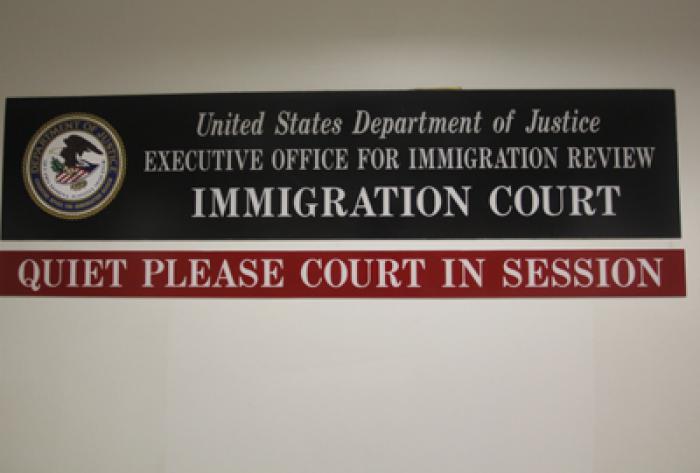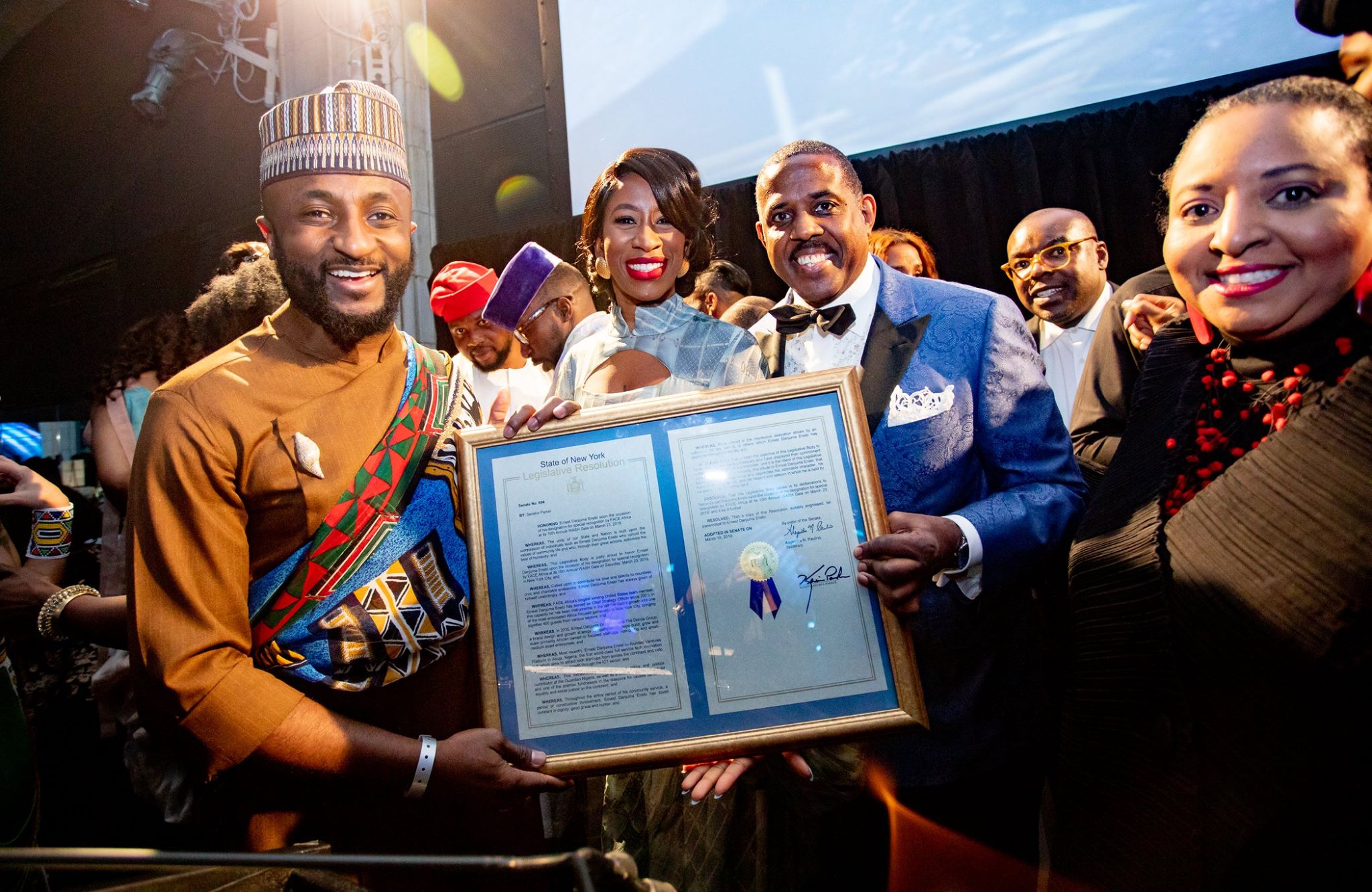Forget the woeful statistics, the sheer redundancy of reporting on HIV/AIDS among black Americans has itself become depressing.
Year after year, there is worsening news. According to the Black AIDS Institute, a Los Angeles-based think tank, it is now so bad that infection rates among blacks in some parts of the country rival those in Uganda and South Africa.
In Africa, the epidemic is being fed by ignorance, misinformation, superstition, cultural restraints and the unavailability – sometimes by government edict – of certain therapies.
It was in Cape Town, South Africa six years ago that I met scores of men, women and babies with the virus. One evening, I accompanied a community counselor to a secret meeting place with a young rape victim whose assailant – a man old enough to be her father – believed that having intercourse with a virgin would cleanse him of the disease.
The girl’s family had banished her from their home in the poverty-stricken Nyanga district once they learned of the attack. She was living with an aunt in Khayelitsha township when I met her. She had the virus and desperately wanted treatment, but the aunt had forbade it, fearing ostracism from her neighbors, should they find out.
So the girl was sneaking out to meet the counselor, knowing that her aunt would surely beat her and might kick her to the wicked streets if her meetings were discovered. But that’s how badly she wanted to live.
Given that survival is the most powerful and perfectly instinctive drive in all humankind, surging even in those who don’t seem to have much to live for, it is no wonder that the young girl would take her chances.
What is a wonder is why – in a land where AIDS education is readily available, testing is simple and treatment is often free – are so many of the girl’s American brothers and sisters unwilling to take precautions, get tested or get treatment.
Ironically, the same demons stalk both locales – the bogus honor and false pride that leave folks worrying about what “they” might think or say. Apparently, some are willing to lose their health and lives before they risk being talked about or excluded.
The bald foolishness of this choice is a disgrace. No community can thrive when a growing percentage of its people are contracting a potentially deadly disease, but are too reckless and delusional about their own welfare and irresponsible with the well being of others to do anything about it. No community can get over a problem that it refuses to acknowledge. No community can beat the enemy when, rather than confront it, the people stew in prejudices and myths and tolerate the beast.
And so, the reports drone on. Fifty percent of the one million Americans with AIDS come from the same community that make up only 12 percent of the population. The disease is the leading cause of death among 25-34-year-old black women; the second leading cause among black men, ages 35-44.
And now this new twist, courtesy of the Black AIDS Institute: The number of black Americans with HIV now exceeds the number in Ethiopia.
For all the attention paid to the African AIDS epidemic, quite obviously, there is work to be done here.
Some of it is government and organizational work.
But, clearly, some of it is home work.
Deborah Mathis is a nationally syndicated columnist and former White House correspondent for the Gannett News Service. She is the author of two books, Yet A Stranger: Why Black Americans Still Don’t Feel at Home and Sole Sister: The Joys and Pain of Single Black Women.
About Deborah Mathis
Deborah Mathis is a nationally syndicated columnist and former White House correspondent for the Gannett News Service. She is the author of two books, Yet A Stranger: Why Black Americans Still Don't Feel at Home and Sole Sister: The Joys and Pain of Single Black Women.
- Web |
- More Posts(1)







